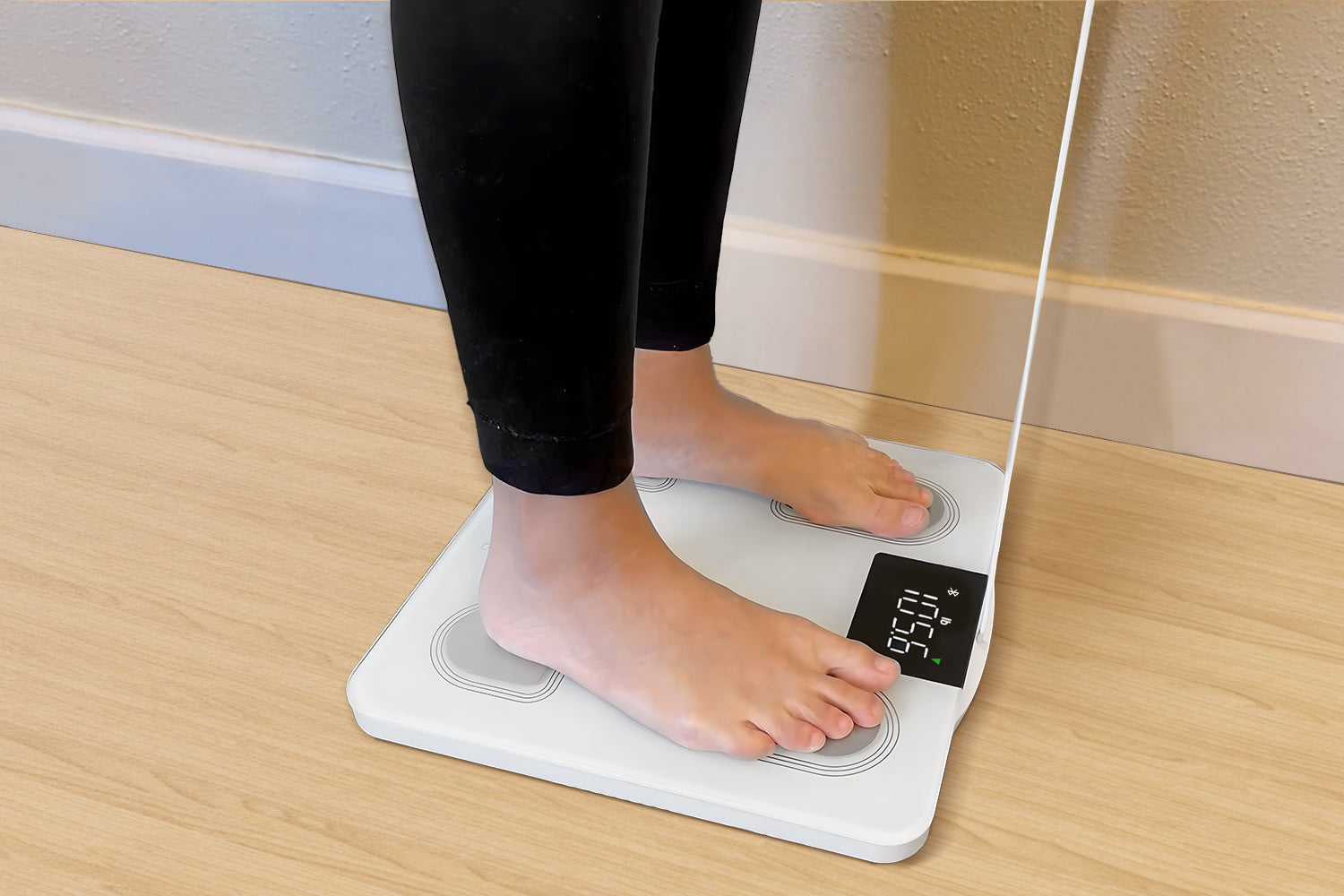Are you struggling to lose weight despite diet and exercise? The culprit might be cortisol, a hormone often overlooked in weight management. Known as the "stress hormone," cortisol plays a crucial role in your body's response to stress. However, chronically elevated cortisol levels can sabotage your weight loss efforts, leading to increased fat storage, particularly around the midsection. This phenomenon is often referred to as "stress-related weight gain."
The Impact of High Cortisol Levels:
When cortisol levels are consistently high, you may experience a range of symptoms:
- Mood and Cognitive Changes: Elevated cortisol can affect your mood, leading to anxiety, irritability, depression, and even impaired memory. Morning grogginess or frequent feelings of anxiety could be indicators of high cortisol.
- Increased Appetite and Cravings: Cortisol triggers cravings for high-calorie, high-fat foods as your brain signals a need for energy to cope with perceived stress. This can make it challenging to stick to a healthy eating plan.
- Metabolic Disruption: High cortisol can disrupt your metabolism, slowing down energy expenditure and promoting fat storage, especially in the abdominal area.
- Sleep Disturbances and Weakened Immunity: Chronically elevated cortisol can interfere with sleep, making it difficult to fall asleep or stay asleep. It can also suppress your immune system, making you more susceptible to illness.
The Benefits of Balanced Cortisol:
Maintaining healthy cortisol levels is essential for optimal health and weight management. Balanced cortisol supports healthy metabolism and provides energy when needed, facilitating more effective weight loss.
Strategies to Lower Cortisol and Promote Fat Loss:
Here are effective strategies to naturally lower cortisol levels:
- Prioritize Sleep: Aim for 7-9 hours of quality sleep each night. Consistent sleep patterns help regulate cortisol production. Avoid late nights, as sleep deprivation can significantly elevate cortisol.
- Engage in Regular Exercise: Moderate-intensity exercise, such as jogging, swimming, or hiking, can help reduce stress and lower cortisol levels. However, avoid overtraining, which can actually increase cortisol.
- Maintain a Healthy Diet: Focus on whole, unprocessed foods, including plenty of fruits, vegetables, and whole grains. Limit processed foods, sugary drinks, and excessive caffeine, which can contribute to cortisol imbalances. Incorporate foods rich in vitamin C, B vitamins, and magnesium, which support healthy cortisol regulation.
- Manage Stress: Practice stress-reducing techniques such as meditation, deep breathing exercises, yoga, or spending time in nature. These practices can help calm your mind and body, reducing cortisol production.
Conclusion:
By understanding the connection between cortisol and weight loss and implementing these strategies, you can take control of your stress levels and optimize your weight loss journey. Remember, a holistic approach that addresses both physical and mental well-being is key to achieving sustainable results.




Hinterlasse einen Kommentar
Alle Kommentare werden vor der Veröffentlichung geprüft.
Diese Website ist durch hCaptcha geschützt und es gelten die allgemeinen Geschäftsbedingungen und Datenschutzbestimmungen von hCaptcha.